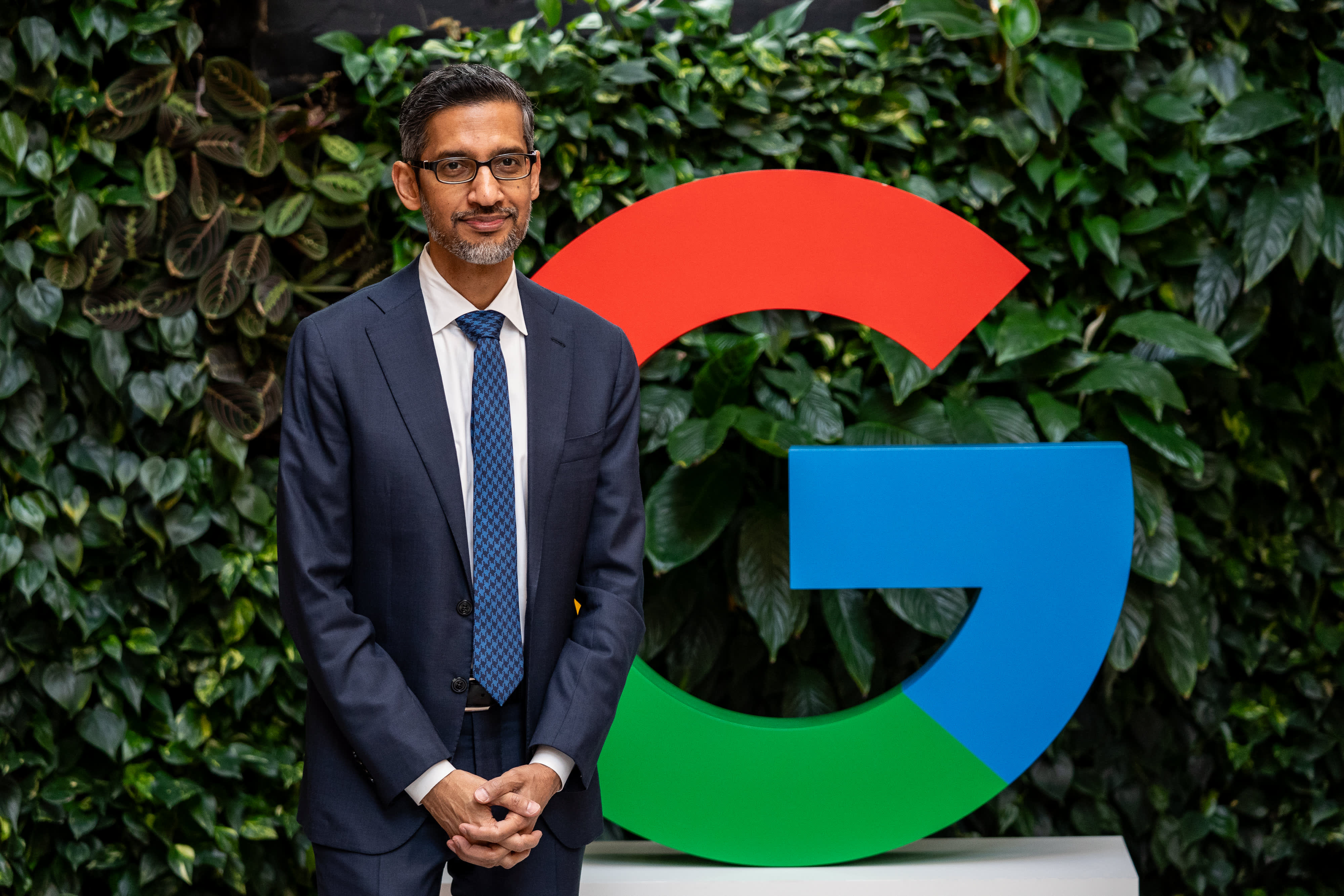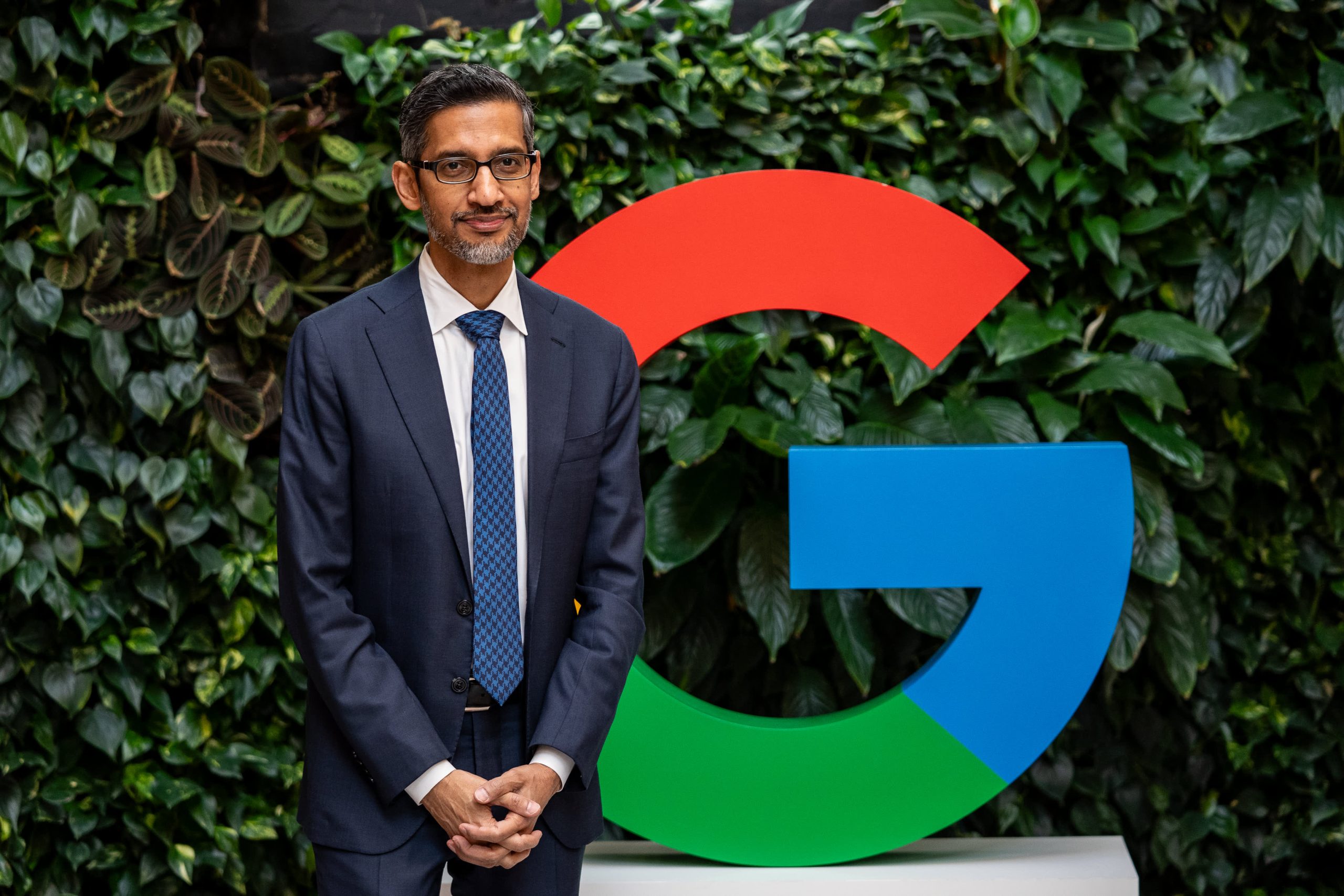
The digital advertising landscape is facing its biggest shake-up in decades as the U.S. Department of Justice prepares for a landmark remedies trial against Google on September 22. This legal showdown comes after Judge Leonie Brinkema’s bombshell ruling that Google “willfully acquired and maintained monopoly power” in ad tech – a verdict that could force the tech giant to dismantle parts of its $200 billion advertising empire.
The Advertising Monopoly Machine
Google’s dominance isn’t just about market share – it’s about controlling the entire supply chain like a casino owner rigging every table. The DOJ’s investigation revealed how Google’s integration of its ad exchange (the digital auction house) with its publisher ad server (the inventory manager) created what economists call a “self-reinforcing monopoly.” Here’s how it works:
Court documents show Google executives privately referred to this as “the ecosystem” – a disturbingly accurate term for what regulators now call an illegal monopoly.
Breaking Up the Digital Empire
The September trial will consider nuclear options that could rewrite the internet’s business model:
Option 1: The Full Split
The DOJ’s lead proposal would force Google to sell its entire ad tech division – essentially requiring the creation of a new, independent company housing Google’s ad exchange, publisher tools, and advertiser platforms. Analysts at Bernstein estimate this could wipe $50 billion off Alphabet’s market cap overnight.
Option 2: The Chinese Dilemma
Google’s defense hinges on an unconventional argument: breaking up its ad tech would hand China’s ByteDance and Alibaba an insurmountable advantage. Internal emails reveal executives warning that “fragmented Western tech” couldn’t compete with China’s vertically integrated platforms.
Option 3: The Regulatory Middle Ground
Some experts propose lighter remedies like mandatory data sharing or interoperability requirements – essentially forcing Google to open its “walled garden.” But DOJ attorneys counter that these are Band-Aids on a bullet wound, citing Microsoft’s 2001 antitrust case where behavioral remedies failed.
The Ripple Effects Beyond Google
This case isn’t just about ads – it’s about the entire philosophy of regulating digital markets:
The trial’s timing is particularly explosive – it begins just as political campaigns ramp up digital ad spending for the 2024 election, with Google currently processing 60% of all political ad buys.
As the September trial approaches, one thing is clear: the outcome will determine whether digital advertising remains a winner-takes-all game or evolves into a competitive marketplace. Either way, the verdict will send shockwaves through Silicon Valley – potentially redefining how tech giants operate for generations to come. The only certainty? When the gavel falls, someone’s bubble is getting popped.







